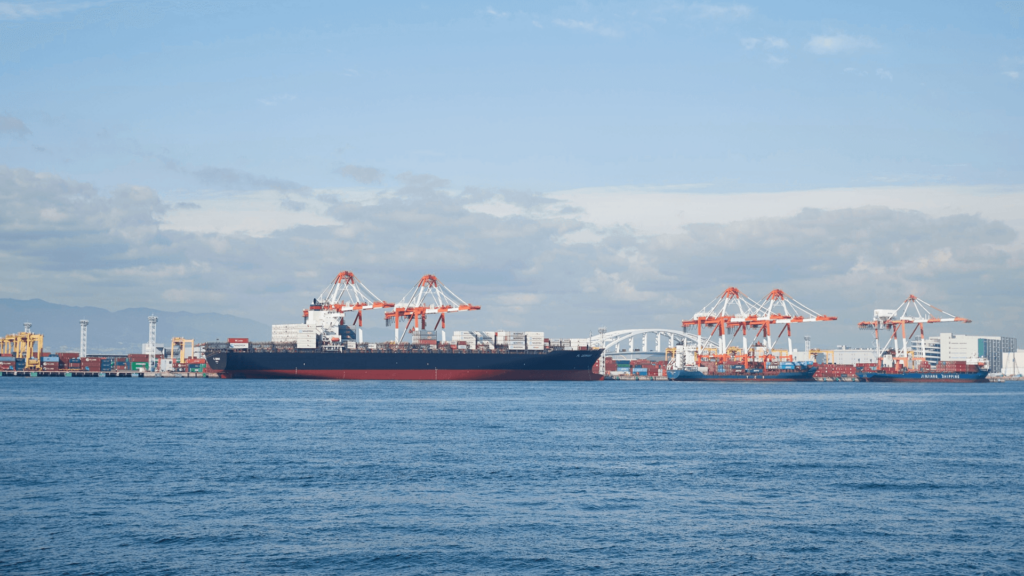
The 13th Florence Intermodal Forum, organised by the Transport Area of the Florence School of Regulation in collaboration with the European Commission – DG MOVE, will gather European and national- regulators, public transport operators, industry representatives and academics for a discussion on the challenges and enablers when discussing urban nodes.
Background
As stated in the 2021 EU urban mobility framework, Europe is one of the most urbanised regions in the world, with a huge variety of cities that are important hubs of economic and social activity. As main connection points, urban nodes (cities and their surroundings) are key components of the trans-European transport network (TEN-T), the backbone of the Single European Transport Area, and essential for a well-functioning single market.
Congested rail and road networks, trains, trams, buses and metros can face constraints that hinder not only the flow of traffic within the urban node but also along the entire TEN-T network.
More suitable infrastructures are needed to facilitate traffic flows within, around and through urban nodes. Urban nodes should make the first and last miles of journeys or transit travel smoother for both passengers (and freight). Multimodal passenger hubs should serve as a main gateway between the urban nodes and the TEN-T network. These should be complemented by an increased sustainable urban mobility offer, building upon a strong public transport system. This means, for example, multimodal hubs with stations/stops that are effectively interconnected with urban rail, metro, tram, bus, coaches, shared mobility services and better and bigger park and ride facilities, and that are better equipped with appropriate bike parks and publicly accessible recharging and refuelling points for low- and zero-emission vehicles.
The TEN-T Regulation has been revised in that regard. It includes an extended list of urban nodes (431) and for the first time sets out new functional requirements for them.
What are the specific issues to be addressed?
Many stakeholders in these urban nodes are newcomers in the TEN-T world. This means that they will have to be integrated to work on a functioning network. Therefore, urban nodes are also a means to establish and reinforce the links between key stakeholders and the specific transport policy roles: national ministries in charge of long-distance transport, cities, local and regional authorities in charge of urban mobility and of transport, public transport operators, rail operators, logistics companies, urban planners, and others more.
The challenge is that work at the level of urban nodes is just about to start. There are no common coordination principles to implement the objectives of the TEN-T policy for urban nodes so far, not to mention the fact that there is often a misunderstanding of what urban nodes are: are they entities within cities, cities themselves, so-called “functional cities”, metropolitan areas or something else? Facilitating the establishment of a local set-up that allows for coordination/interaction between these stakeholders is therefore vital, not to mention the fact that the definition of an urban node and its governance are of course closely linked.
This 13th Intermodal Forum will discuss the question of the coordination of urban nodes: What would be appropriate, basic and commonly agreed mechanisms? Who could/should be in charge of coordinating and representing the stakeholders of an urban node? Is there a one-size-fits-all structure or at least some common principles? What options could be envisaged?

The 4th Florence Rail Regulation Conference aims to discuss advancements for accelerating the growth of the railways in the EU.…

The 3rd Florence Aviation Regulation Conference aims to discuss current and future economic and regulatory policies relating to European air…

The 1st Florence Maritime Regulation Conference aims to discuss regulatory advancements that accelerate the competitiveness and sustainable development of shipping,…
To meet, discuss and learn in the channel that suits you best.